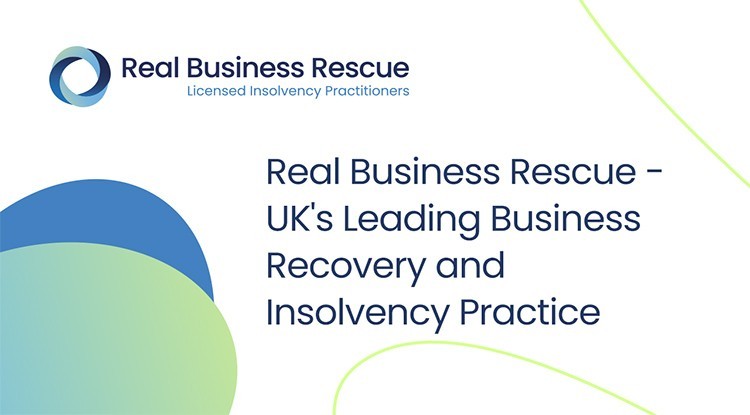
Looking to close your company? We can help with both solvent and insolvent liquidation options
Require Immediate Support? Free Director Helpline: 0800 644 6080
Free Director Helpline: 0800 644 6080
 Established 35 years
Established 35 years UKs Largest Liquidators
UKs Largest Liquidators 100+ Offices Nationwide
100+ Offices NationwideWith over 30 years' experience helping limited company directors and sole traders navigate the ups and downs of operating a business, there is nothing our licensed insolvency practitioners and business turnaround experts haven't seen before.
Our unrivalled experience means Real Business Rescue is perfectly placed to assist you and your company through periods of financial or operational distress. Our licensed insolvency practitioners are on hand to help you understand your options which may include closing the company through a liquidation process, or working towards rescuing and restructuring the business via company administration or a CVA.


For Ltd Company Directors
Get An Instant Understanding Of Your:
Plus much more ...
We specialise in advising company directors in time of financial distress on solutions such as
liquidation, administration, and other corporate restructuring options

Looking to close your company? We can help with both solvent and insolvent liquidation options

Visit our Bounce Back Loan hub for comprehensive advice for businesses struggling to repay

Visit our Director Advice Hub or arrange a free consultation with a member of our team
We work across a wide range of sectors throughout the UK, providing specialist advice to each sector.

A comprehensive library of useful articles, guides, tips and advice for company directors.
A must-visit for directors looking to gain further understanding.



We provide free confidential advice with absolutely no obligation.
Our expert and non-judgemental team are ready to assist directors and stakeholders today.

Understand your company's position and learn more about the options available

Find your nearest office - we have more than 100 across the UK. Remote Video Meetings are also available.

Free, confidential, and trusted advice for company directors across the UK.